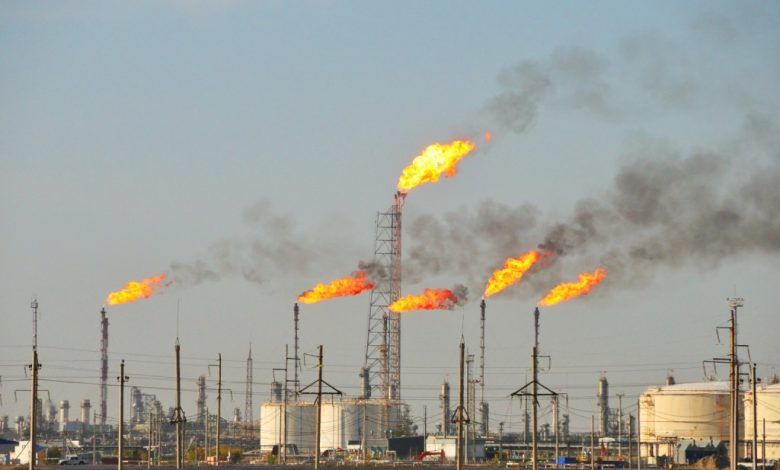
The Nigerian Midstream and Downstream Petroleum Regulatory Authority (NMDPRA) has pledged to address industry concerns regarding the contentious implementation of the 0.5% levy under the Midstream Downstream Gas Infrastructure Fund (MDGIF), as mandated by the Petroleum Industry Act (PIA).
Speaking at a stakeholders’ sensitisation programme in Abuja on Wednesday, Farouk Ahmed, the NMDPRA Authority Chief, acknowledged the concerns raised by wholesale natural gas producers and suppliers, particularly regarding the retroactive collection of the levy. He assured stakeholders that a thorough reevaluation of the levy would be conducted to ensure full compliance with the PIA.
Represented by Francis Ogaree, Executive Director of Hydrocarbon Processing Plant, Installation, and Transportation Infrastructure, Ahmed emphasized the need to resolve these issues to meet both current and future demands for wholesale gas and petroleum liquids.
Wholesale gas producers, represented by the Oil Producers Trade Section (OPTS), have strongly opposed the retroactive application of the levy. Many of these producers argued that their existing gas supply contracts were signed before the enactment of the PIA in August 2021, making it difficult to incorporate the new levy into their agreements.
Chairperson of the OPTS Gas Sub-committee James Makinde, and Princess Edeimu-Chukwumah, Vice Chairperson, referenced Section 52-7A of the PIA, which they believe assigns the responsibility of fee collection to the NMDPRA. They also pointed to Section 13-2 of the PIA’s regulation, empowering NMDPRA as the collector of the levy.
In addition to the levy concerns, the producers highlighted a significant issue: the delayed payments from customers, including power-generating companies, with some debts stretching back to 2011. This has made it difficult for producers to remit the fees when they have not yet received the payments due to them.
NMDPRA’s Response
In response, NMDPRA reiterated its commitment to resolving these concerns through a comprehensive workshop aimed at providing clarity on the implementation of the MDGIF levy and the wider framework for wholesale gas and petroleum liquid supply operations.
Ahmed also underscored the long-term benefits of the wholesale supply framework, emphasizing that it would stimulate investment, enhance transparency in hydrocarbon measurement, and foster fair market practices. These measures are intended to streamline the sector, ensuring that Nigeria’s energy security is prioritized alongside the growth of the petroleum industry.
“Licences issued under the PIA are vital for entities engaged in, or wishing to engage in, the sale and delivery of natural gas and petroleum liquids, both for domestic use and exports,” Ahmed stated.
He further highlighted that the PIA represents a significant step forward from the 1969 Petroleum Act, with a shift in focus from production and exports to strengthening domestic energy infrastructure.
Ahmed concluded by urging all stakeholders to explore the opportunities created by the operationalization of these guidelines, which are designed to optimize midstream and downstream operations, accelerate infrastructure development, and foster collaboration to expand Nigeria’s energy sector.





